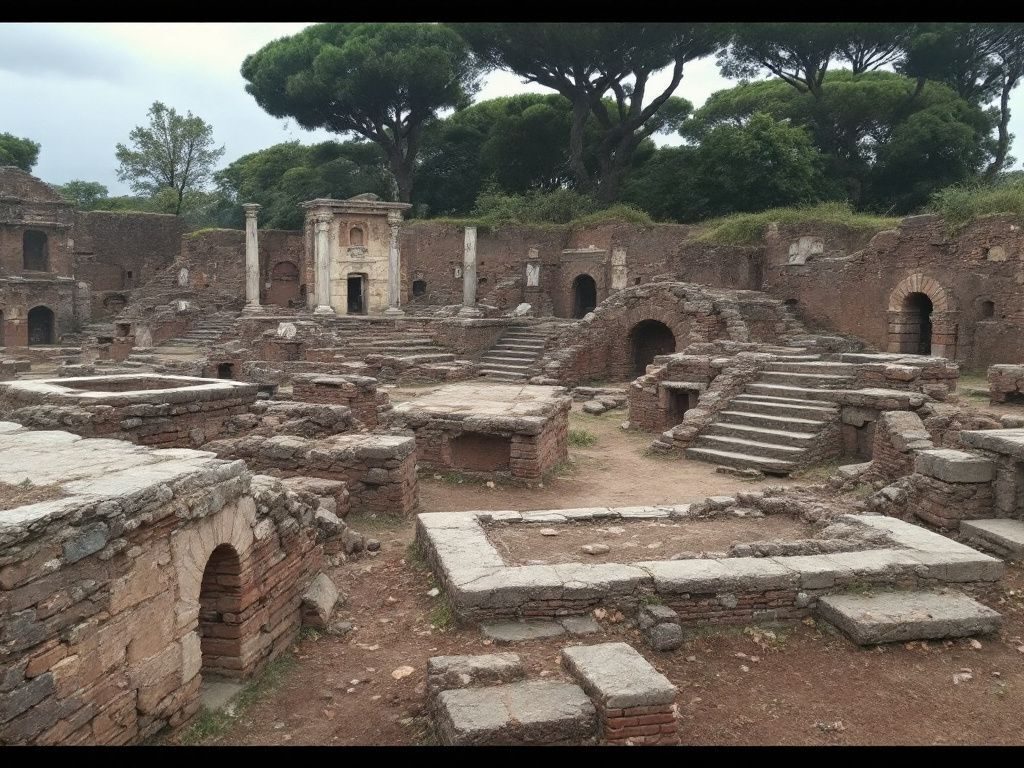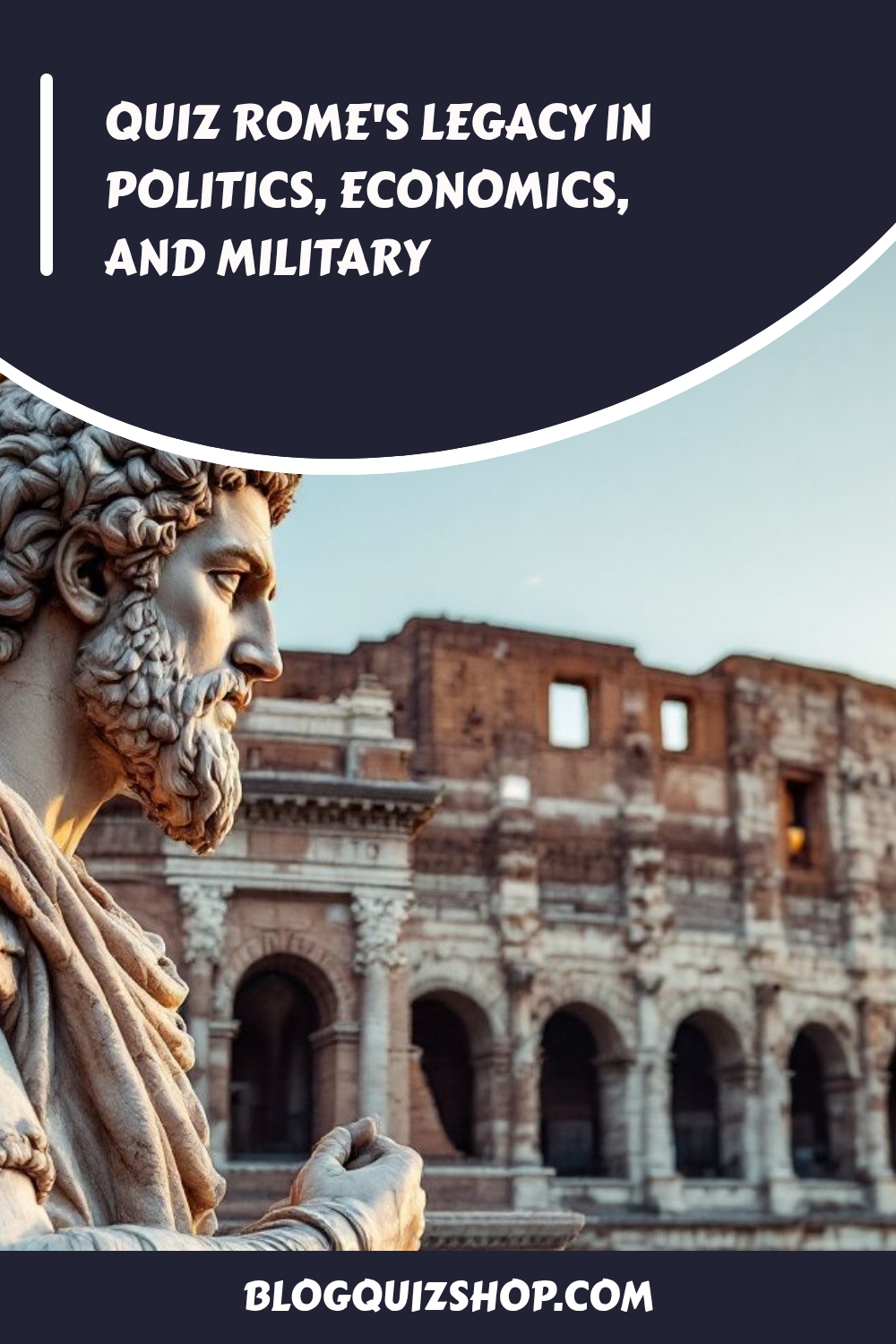The Enduring Roman Legacy
- Rome founded over 500 cities and pioneered advancements in law, government, military tactics, and economics, forming cornerstones of contemporary society.
- The Roman legacy and the Empire’s influence is evident in modern governmental structures, languages, and various societal aspects globally.
- Roman ideas of government, like voting and the Senate, influenced modern democracies and legislative processes.
- Rome’s trade networks and monetary systems continue to impact today’s global economy, reflected in currency use and trade practices.
- Roman military strategies, including discipline and unit organization, still inform modern armies and warfare.
- The Roman legacy is found in today’s legal system, formalized in texts like the Twelve Tables, established fundamental principles for current legal systems worldwide.
- Roman language and culture, through Latin-derived languages and city planning, continue to shape modern life.
Roman Political Contributions
- The Roman Republic’s system of distributed power among the Senate, consuls, and popular assemblies, with checks and balances, inspired modern democratic governments such as that of the United States.
- Roman law, codified in the Twelve Tables, established principles like legal equality, citizen rights, and judicial procedures that bolster many current legal frameworks.
- The Roman legacy found in the legal system expanded rights to plebeians over time, a precedent for wider civic engagement, and the “cursus honorum” allowed for merit-based career progression, akin to modern civil services.
- Roman thinkers like Cicero significantly shaped Enlightenment philosophers and the drafters of modern constitutions, embedding Roman ideals in Western political thought.
Roman Economic Contributions
- The Roman legacy of Roman property laws created the foundation for modern concepts of private property, inheritance, and contracts, essential to today’s economies.
- Extensive Roman road and maritime networks fostered trade across the Mediterranean, serving as blueprints for later empires and modern states.
- The standardized Roman coinage, like the denarius, facilitated efficient commerce and tax collection, supporting a market economy.
- Rome’s sophisticated tax system funded large public works, including roads and aqueducts, showcasing the economic power of centralized state planning.
- The Roman economy’s agrarian nature, with large estates and reliance on slave labor, influenced subsequent European economic structures despite contributing to Rome’s eventual decline.
- Rome’s experiences with inflation, currency devaluation, and over-reliance on slave labor offer valuable lessons in economic stability and systemic equilibrium.
Roman Military Innovations
- Roman legions were known for their adaptability and discipline, with manipular and cohort systems enabling flexible deployments across varied terrains and against diverse adversaries.
- The “triplex acies” (three-line formation) allowed for continuous combat effectiveness by rotating fresh troops into the front lines.
- Romans integrated infantry, cavalry, and missile troops, and excelled in military engineering, constructing forts, roads, and siege works for sustained campaigns.
- Rome’s capacity for adapting after defeats, like those against Hannibal, led to strategic innovations such as Fabian tactics and integrated military-diplomatic-economic approaches.
- The Roman military developed into a professional standing army with standardized training, equipment, and supply lines. The Roman legacy in the military influenced the evolution of subsequent European armies.
Evolution of Roman Governance
- The shift from the Roman Republic to the Imperial systematized Rome’s governance, moving from shared power among consuls to single-person rule, as seen with Julius Caesar and later Augustus, the first Roman Emperor.
- The transition from Republic to Empire altered Rome’s global interactions, fostering trade and city expansion through colonization across Europe.
- Roman political institutions used dual consulship, short terms, and checks and balances to limit individual power and prevent dictatorship.
- Wealth-based voting systems, restrictions on office access, and legal inequalities initially limited the political power of the poor.
- Over time, reforms like the Plebeian Council and tribunes provided some political influence to commoners, though elite control often persisted.
- Roman institutions prevented wealthy elites from consolidating unchecked power through overlapping offices, legal checks, and structured competition, albeit with some practical limitations.
Roman Legal System’s Influence
- Rome established a foundational legal system through the codification of laws. Notably the Twelve Tables around 450 BC, making laws publicly accessible and ensuring order.
- The development of Roman law culminated in Emperor Justinian’s “Corpus Juris Civilis” (AD 530-565), a comprehensive collection of rulings, expert opinions, and imperial decrees.
- Roman legal principles, including property rights and trial procedures, deeply influenced contemporary legal systems worldwide and facilitated international legal understanding, with Latin still providing many legal terms.


 Cart is empty
Cart is empty 


